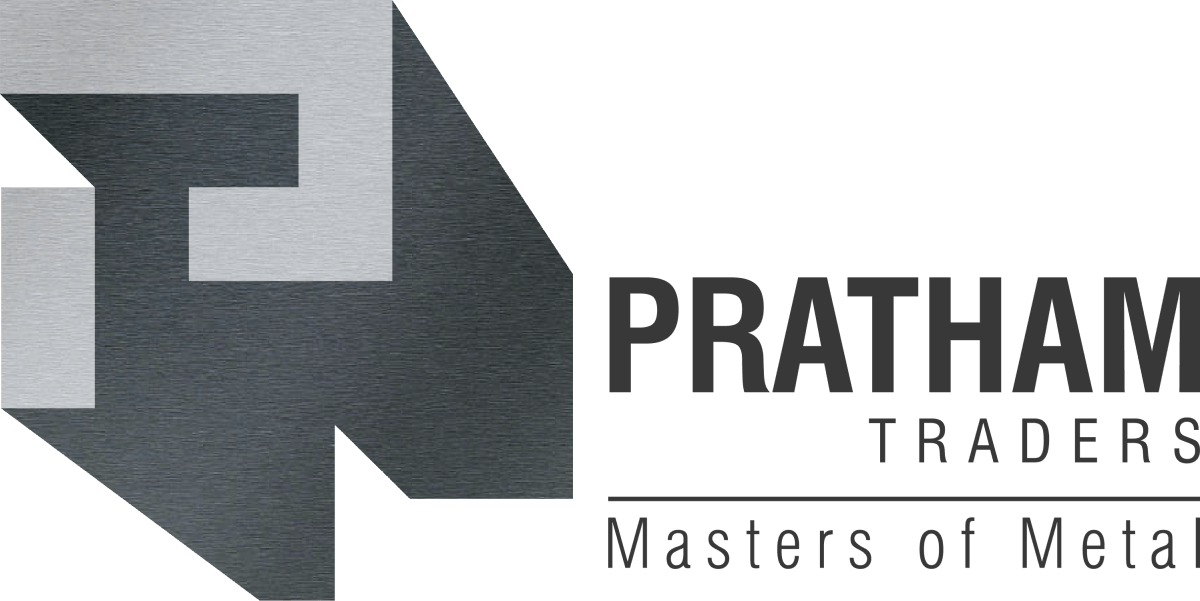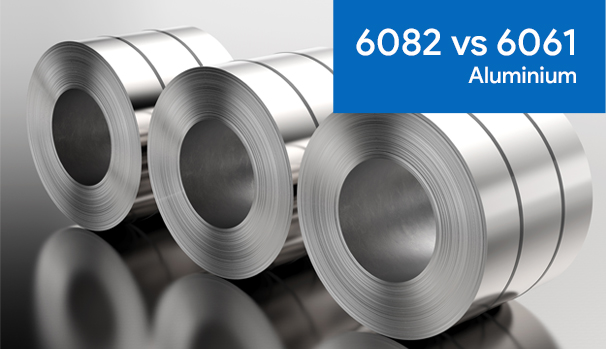As more and more innovations are making waves across industries, businesses are looking to leverage products that best contribute to these advancements. In the vast world of aluminium products, two of the most sought-after choices today are the aluminium 6082 vs 6061.
The choice of the right alloy can make a significant impact on the success and durability of a project. The key question here is which is better: 6061 or 6082 aluminium? As technology advances and new alloys emerge, the careful evaluation of material properties remains a critical aspect of successful manufacturing projects. Both alloys exhibit excellent strength-to-weight ratios and corrosion resistance; however, they differ in certain key aspects.
Understanding the nuances of Aluminium 6082 and 6061 allows for optimal material selection, ensuring that the chosen alloy meets the performance and durability standards demanded by diverse industries. To best address the dilemma of aluminium 6082 vs. 6061, we will explore the distinctions between the two alloys, delving deeper into their respective properties, applications, and advantages.
Aluminium 6082 vs 6061 – Key Differences
1. Chemical Composition:
The first on the list is aluminium 6082 vs. 6061 properties and chemical composition. While both alloys are part of the 6000 series, each has a unique set of alloying elements that contribute to its specific characteristics.
Aluminium 6082 contains silicon as its primary alloying element, enhancing its strength and providing good formability. It also includes magnesium and manganese, further contributing to its overall mechanical properties. The chemical composition of Aluminium 6082 makes it a sought-after choice in structural applications where strength and toughness are paramount.
On the other hand, Aluminium 6061 is alloyed with silicon and magnesium as its main constituents. Copper is another significant alloying element in 6061, providing improved corrosion resistance. The combination of these elements results in a versatile alloy that is well-suited for a wide range of applications.
2. Mechanical Properties:
The mechanical properties of Aluminium 6082 and 6061 play a crucial role in determining their performance in different scenarios.
Aluminium 6082 boasts higher tensile strength and better corrosion resistance compared to 6061. This makes it an excellent choice for applications that demand structural integrity in challenging environments. Its high strength-to-weight ratio makes it suitable for aerospace components, marine structures, and other heavy-duty applications.
Aluminium 6061, while slightly less strong than 6082, is known for its exceptional weldability. It exhibits good formability and machinability, making it a preferred choice for intricate shapes and designs. Its moderate strength, coupled with its ease of fabrication, makes it suitable for a broad spectrum of applications, including automotive components, bicycle frames, and consumer electronics.
3. Heat Treatment:
Both Aluminium 6082 and 6061 respond well to heat treatment, further expanding their utility in various industries.
Aluminium 6082 is often supplied in the T6 temper, which involves solution heat treatment and artificial ageing. This heat treatment process enhances the alloy’s mechanical properties, resulting in increased strength and hardness. T6 is a common temper for applications where high strength and durability are critical.
Aluminium 6061 is also commonly available in the T6 temper, offering similar advantages in terms of increased strength. The heat treatment process for 6061 involves solutionizing at a high temperature followed by quenching and aging. This temper is widely used in aerospace, automotive, and structural applications.
4. Weldability & Formability:
Weldability and formability are key considerations in many applications, and the differences between Aluminium 6082 and 6061 become evident in this aspect.
Aluminium 6082, while generally weldable, may require special considerations due to its higher strength. Preheating and post-weld heat treatment are often recommended to minimize the risk of cracking during welding. The alloy’s formability allows for the creation of complex shapes, making it suitable for structural components.
Aluminium 6061 is known for its excellent weldability, making it a preferred choice for applications where welding is a crucial aspect of the manufacturing process. Its formability, combined with its ease of welding, makes it a versatile choice for a wide range of industries.
5. Applications:
Understanding the specific applications where each alloy excels is essential for making an informed choice in material selection.
Aluminium 6082 finds its place in structural components, particularly in industries where high strength and corrosion resistance are paramount. Applications include aerospace components, marine structures, and heavy-duty machinery. Its robustness makes it suitable for load-bearing structures that require durability and reliability.
Aluminium 6061 is favoured in applications that require a combination of versatility and moderate strength. Its excellent machinability and formability make it suitable for a diverse array of products, including automotive parts, bicycle frames, and consumer electronics.
6. Cost Considerations:
Cost is often a significant factor in material selection for various projects. While the prices of Aluminium 6082 and 6061 can fluctuate based on market conditions, there are some general observations to consider.
Aluminium 6082, with its higher alloying elements, tends to be slightly more expensive than 6061. The increased strength and corrosion resistance of 6082 may justify the higher cost in applications where these properties are crucial.
Aluminium 6061, being more widely used and readily available, is often more cost-effective. Its versatility and ease of fabrication make it an economical choice for projects where extreme strength is not the primary consideration.
Get Aluminium Sheet 6082 and 6061 with Pratham Traders
With 10,000+ projects completed, Pratham Traders is one of the leading stockists of aluminium sheets, plates, rods, bars, blocks, circles, strips, coils, and other accessories. Our mission is to provide our customers with high-quality products that are durable, versatile, and cost-effective. We maintain a vast inventory in a variety of sizes, shapes, and alloys, ensuring that our customers have access to the products they want in accordance with their business needs.
We provide a range of thoughtfully designed products including aluminium sheets, checkered plates, stucco sheets, perforated sheets, and rolled plates. These unique sheets bring multiple benefits to the table like slip resistance, heat reflection, corrosion resistance, aesthetics, and other insulation properties. You can browse through our top-quality aluminium products online.

